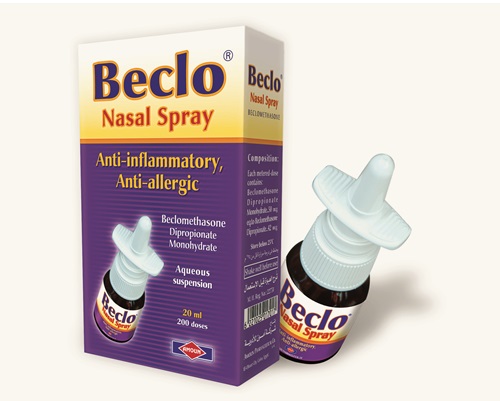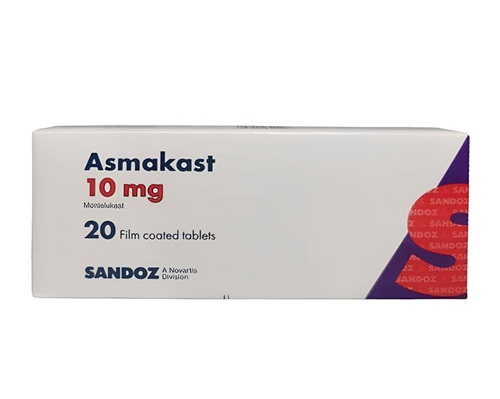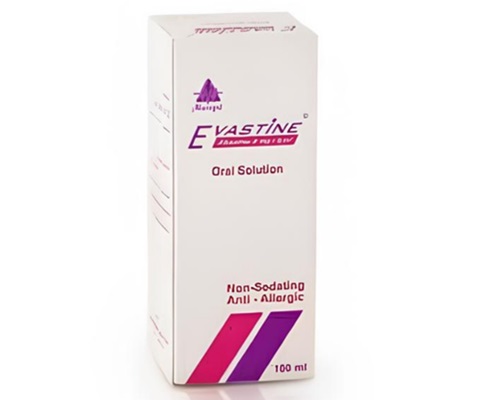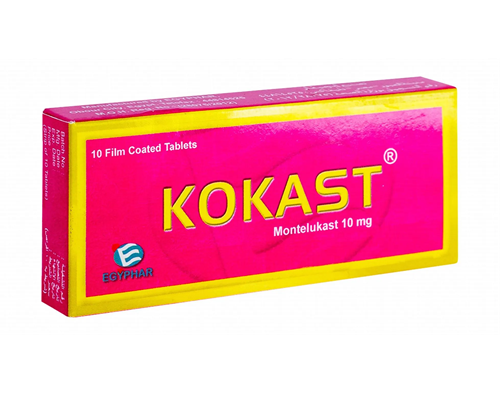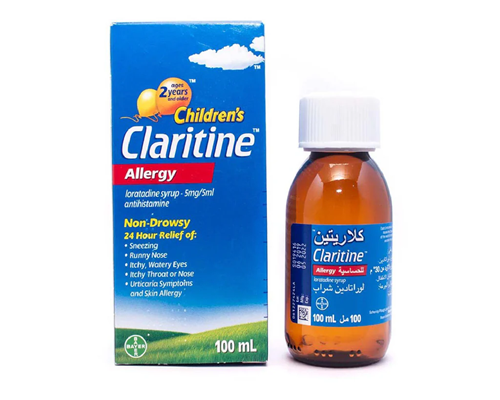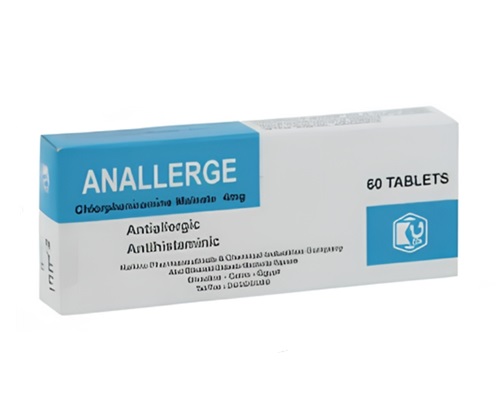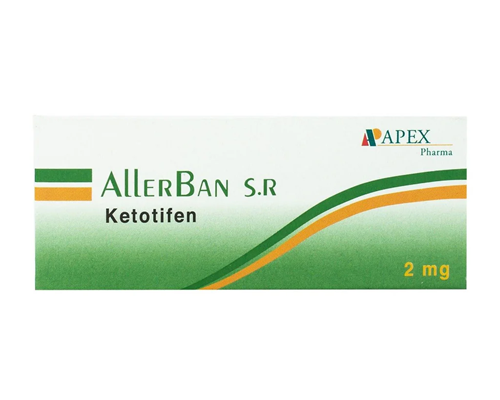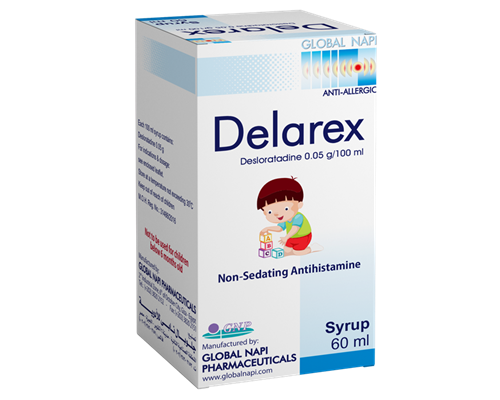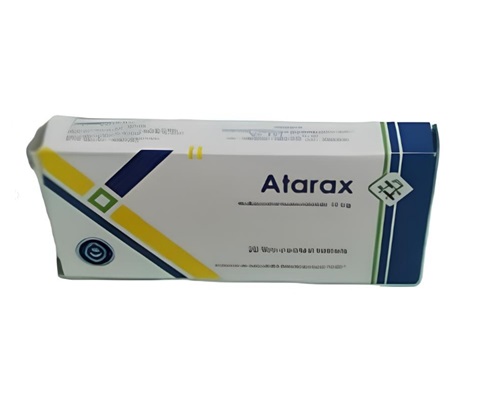Description
Tradename:
Beclo
Compound:
Every 100 ml of spray contains:
Beclomethasone dipropionate monohydrate 43.45 mg, which is equivalent to beclomethasone dipropionate 42 mg
Auxiliary components:
Avicel, Twain 80, benzalkonium chloride, disodium edetate, anhydrous disodium hydrogen orthophosphate, purified water.
Properties:
GCS for intranasal use.
Beclomethasone in the form of dipropionate is a prodrug and has weak affinity for glucocorticoid receptors. Under the influence of esterases, it turns into an active metabolite – beclomethasone-17-monopropionate, which has a pronounced local anti-inflammatory effect by reducing the formation of a chemotaxis substance (impact on delayed-type allergic reactions). By suppressing the production of arachidonic acid metabolites and reducing the release of inflammatory mediators from mast cells, it inhibits the development of an immediate allergic reaction.
Prevents the marginal accumulation of neutrophils, reduces inflammatory exudation and the production of lymphokines, inhibits the migration of macrophages, reduces the intensity of the processes of infiltration and granulation, and the formation of a chemotaxis substance. Reduces swelling of the nasal mucosa and mucus production. Improves mucociliary transport.
It does not have mineralocorticoid activity and has virtually no resorptive effect.
Indications:
Seasonal and year-round allergic rhinitis; vasomotor rhinitis.
Directions for use and dosage:
Adults and children over 12 years of age:
2 doses (injections) into each nasal passage 2 times a day.
The maximum daily dose is 400 mcg. The daily dose can be divided into 2-4 doses.
Children aged 6 to 12 years: initial dose – 1 dose (injection) into each nasal passage 3 times a day.
The maximum daily dose is 400 mcg. The daily dose can be divided into 2-4 doses.
When a therapeutic effect is achieved, the drug is discontinued, gradually reducing the dose.
Elderly patients do not require dose adjustment.
Contraindications:
Hemorrhagic diathesis; frequent nosebleeds; respiratory tuberculosis; fungal infections; viral infections; children under 6 years of age; I trimester of pregnancy; hypersensitivity to beclomethasone and excipients of the drug used.
Precautionary measures:
Carefully:
Amoebiasis; glaucoma; severe liver failure; hypothyroidism; recent myocardial infarction; ulceration of the nasal septum; after recent surgical interventions in the nasal cavity or nasal injuries; in the II and III trimesters of pregnancy; lactation period (breastfeeding). Do not allow the drug to get into your eyes.
Relief from rhinitis symptoms usually occurs within a few days of starting treatment.
Patients who may have a decrease in immunity during GCS therapy should be warned about the danger of contact with patients with certain infections (for example, chicken pox, measles) and the need to consult a doctor in case of such contact. This is of particular importance for children.
Because beclomethasone slows wound healing, patients who have recently had trauma or surgery to the nose should not use the drug until the wounds have completely healed.
Side effects:
Allergic reactions: rarely – skin rash, urticaria, angioedema.
From the nervous system: rarely – disturbance of olfactory and taste sensations, drowsiness, headache, dizziness.
On the part of the organ of vision: unknown – increased intraocular pressure, including glaucoma, cataracts (with long-term use), conjunctival hyperemia, decreased vision.
From the respiratory system: rarely – dryness and irritation of the nasopharynx, sneezing, burning, nasal congestion, nosebleeds, atrophy of the nasal mucosa, cough, rhinorrhea; very rarely – ulceration of the nasal mucosa, perforation of the nasal septum (usually in patients who have previously undergone surgery in the nasal cavity).
Other: rarely – myalgia, candidiasis of the oral cavity and upper respiratory tract (with long-term use and/or in high doses (more than 400 mcg/day)); unknown – with long-term use, adrenal insufficiency may develop, a decrease in growth rate in children, and a decrease in bone mineral density.
Storage method:
Store at a temperature not exceeding 25 degrees.
Package:
The cardboard pack contains a 20 ml bottle, a dispenser, and paper instructions.

